FRUITS
30 Healthiest Fruits to Eat, According to Nutritionists
These delicious options are packed with health benefits.
If there's one thing we could all benefit from a little more of, it's fresh produce! That's because fruits and vegetables are filled with an array of vitamins, minerals and antioxidants that help keep our body running from head-to-toe. "Including more fruit in your everyday meals and snacks is one of my top tips for making more nutritious food choices that will ultimately contribute to good overall health, weight maintenance, and healthy weight loss if you're seeking it," says Jaclyn London, R.D., nutrition consultant, host of the podcast The Business of Wellness, and author of Dressing on the Side (& Other Diet Myths Debunked).
Research shows shows that eating a minimum of four to five servings per day can help boost mood, and may also reduce your risk for heart disease, obesity and type 2 diabetes. Fruit can also lower your overall mortality risk, according to a recent meta-analysis. Fruit also supports good digestion (thanks to the fiber), strong immunity, proper hydration (fruit has a high water content plus fluid-regulating electrolytes) and energy. Yet according to the Centers for Disease Control and Prevention (CDC), only 10% of Americans eat enough fruit — about 1½ to 2 cups daily.
One easy way to change that and hike your fruit (and veggie!) count is to literally eat the rainbow each day. "You can characterize fruit by pigment —green, yellow, orange, red, purple. Having a type of fruit that fits each color scheme is a fun and simple way to ensure you're eating a variety," London says. "You really can't go wrong with the type of fruit, the key is that more is better— so even if you're already a fruit lover, see what unfamiliar additions you can find!"
No matter how you slice it, fruit is delicious and nutritious! See how many of these healthy fruits are already in your repertoire, and get ideas for new ones to try!

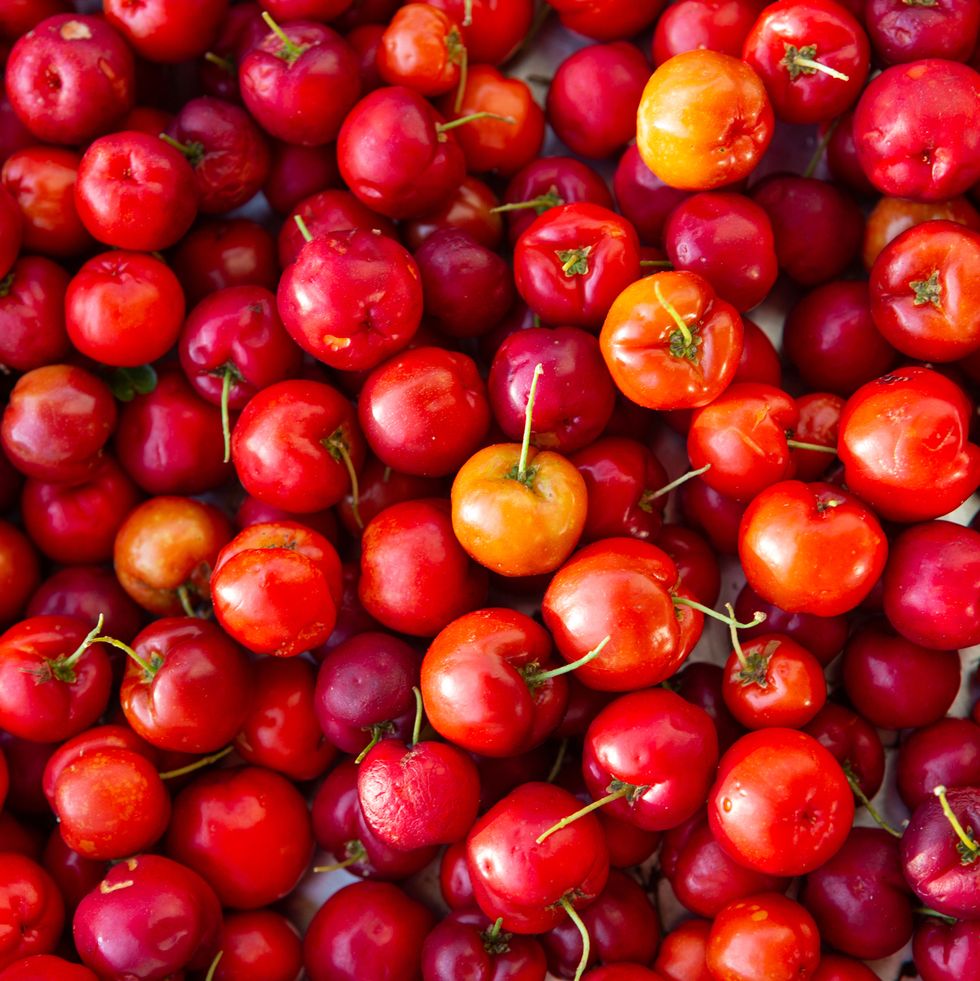
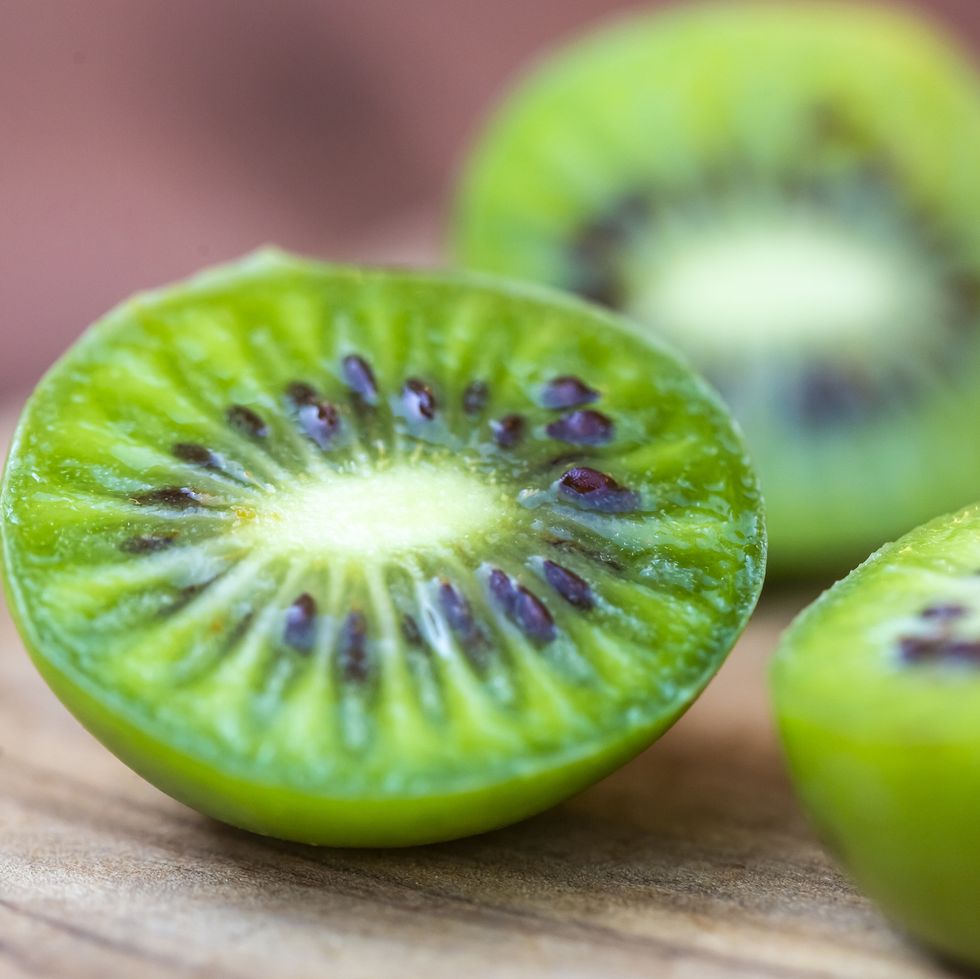
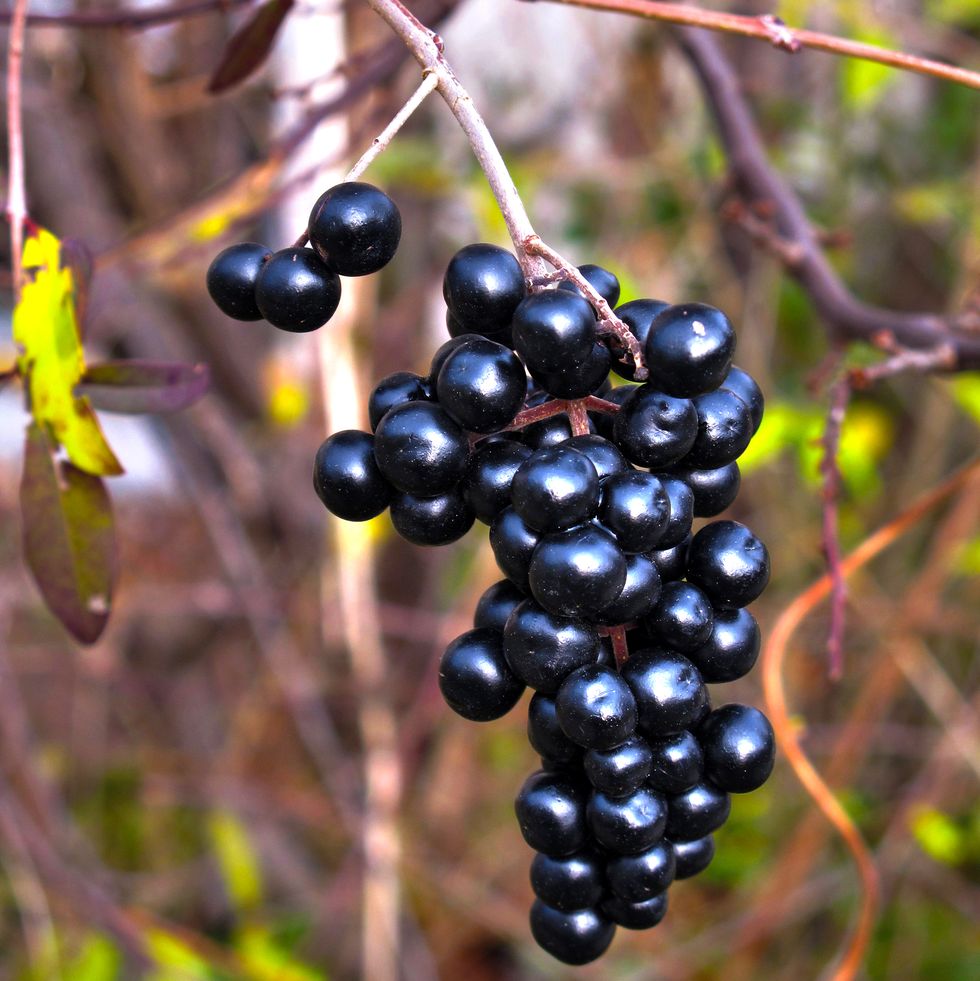
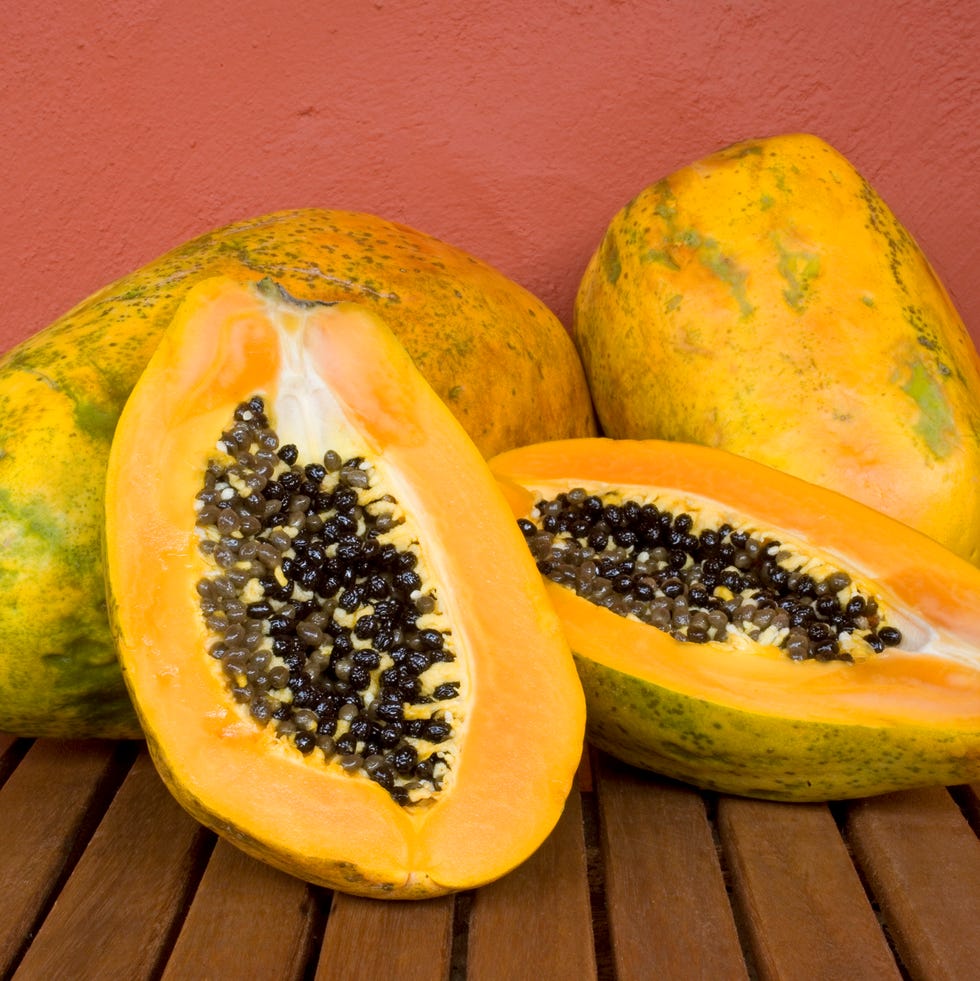
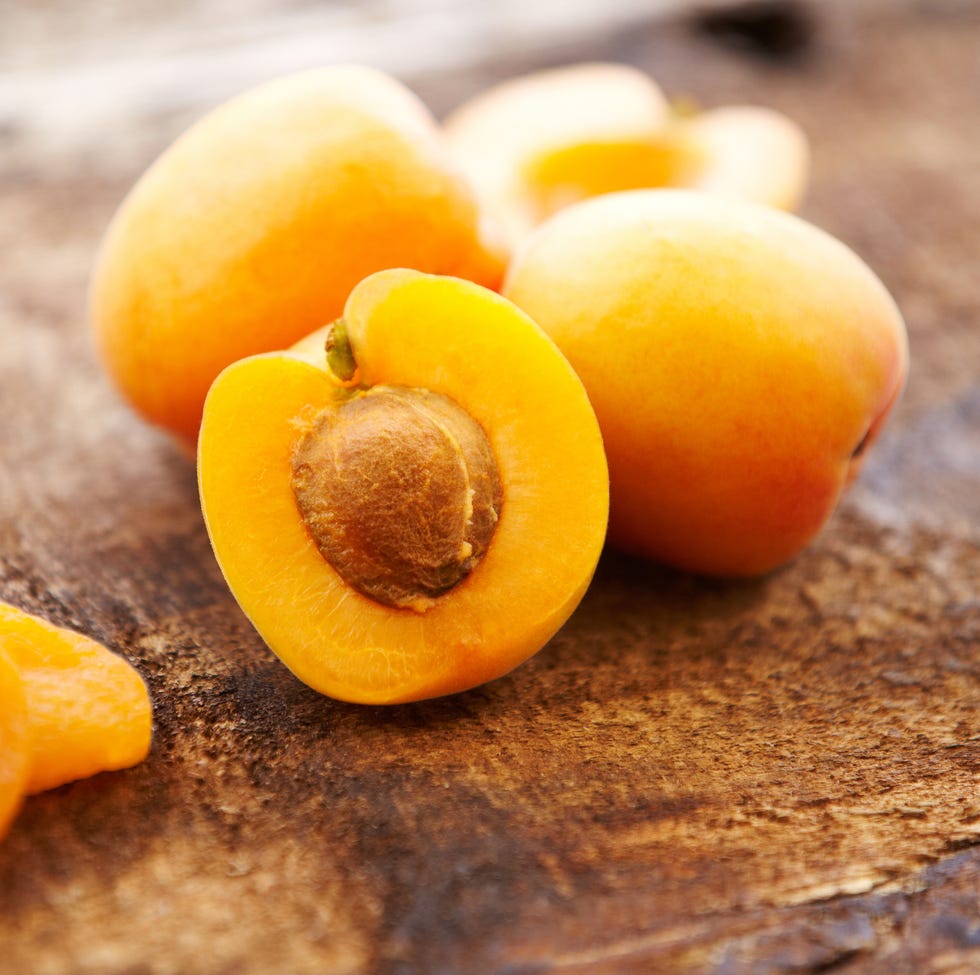
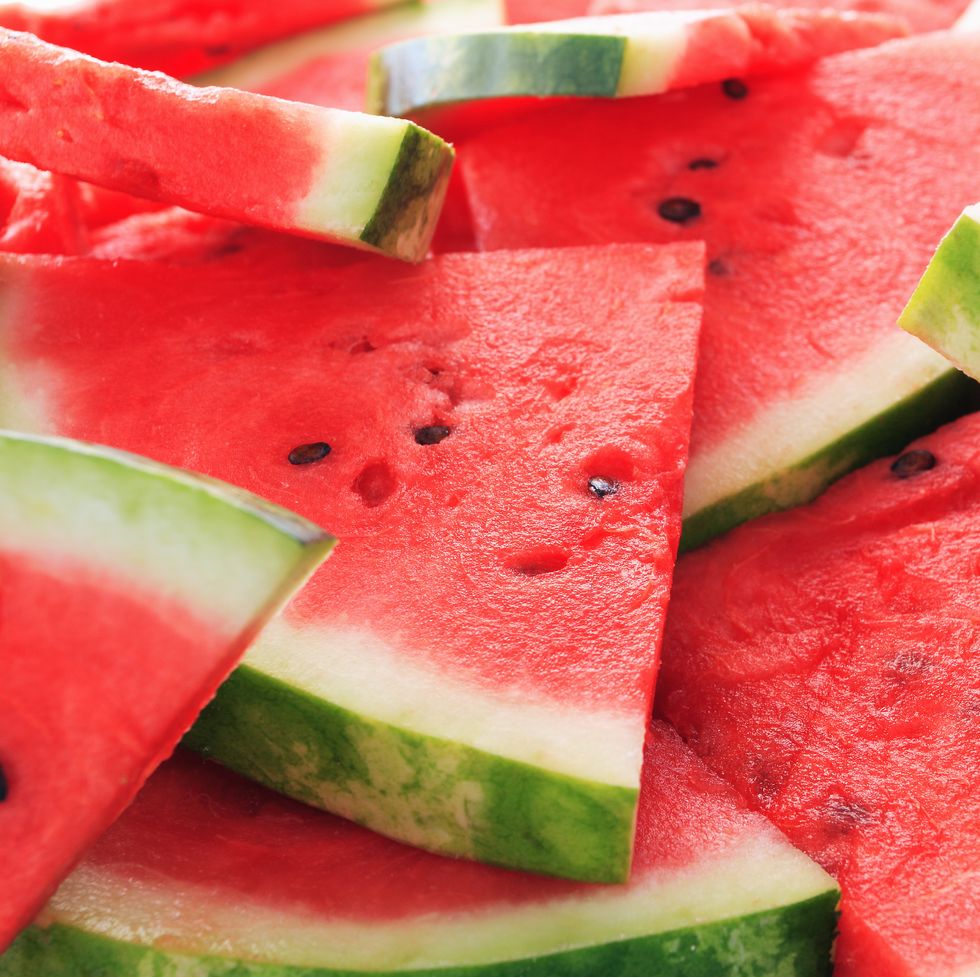
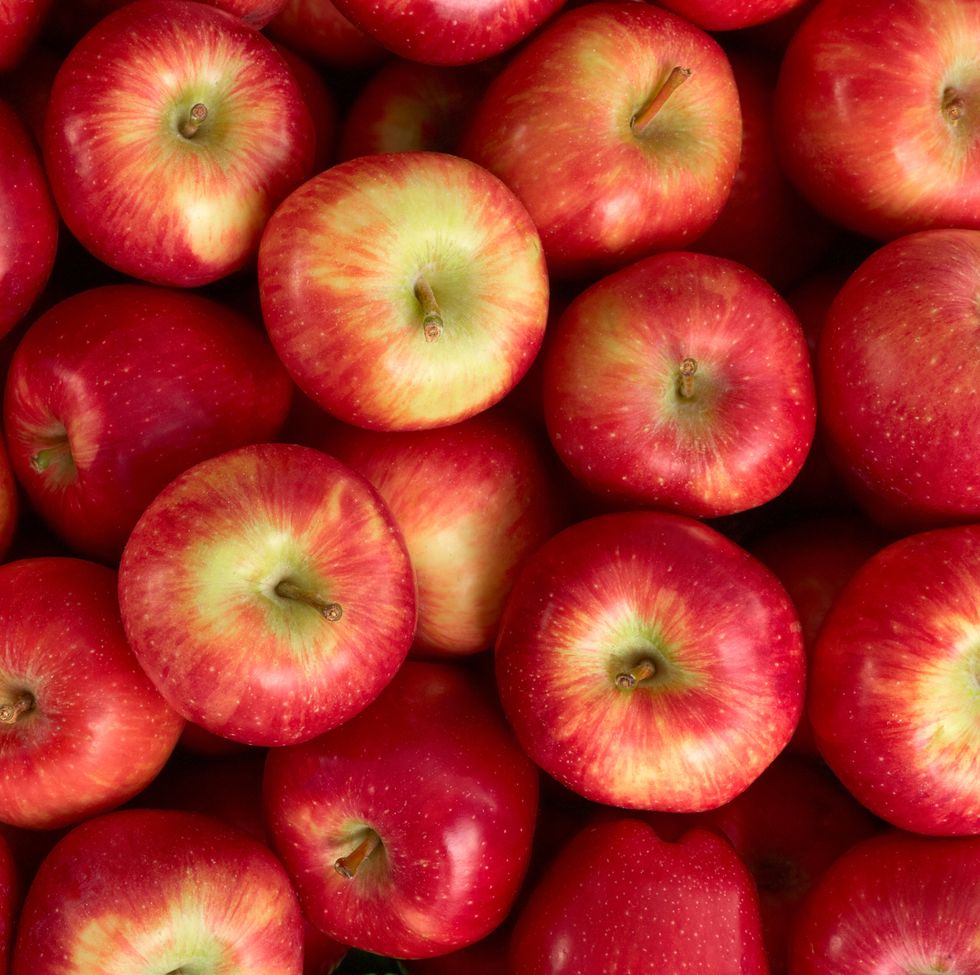
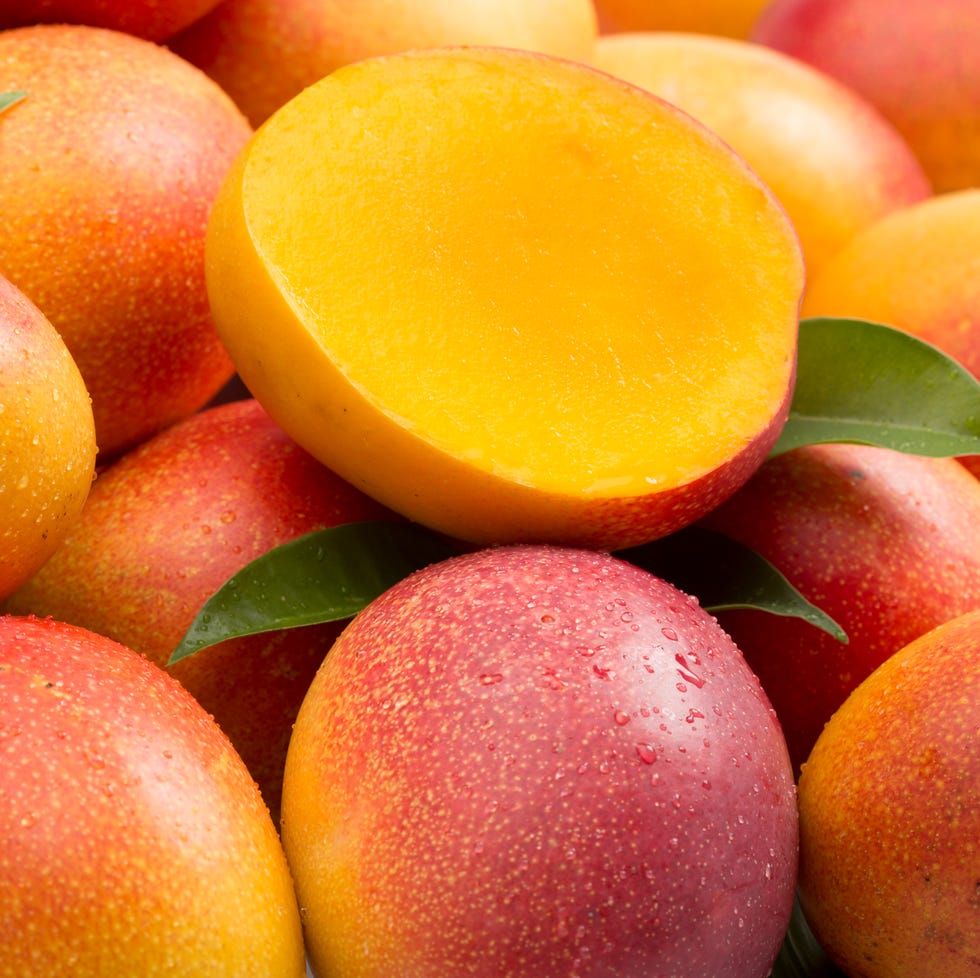
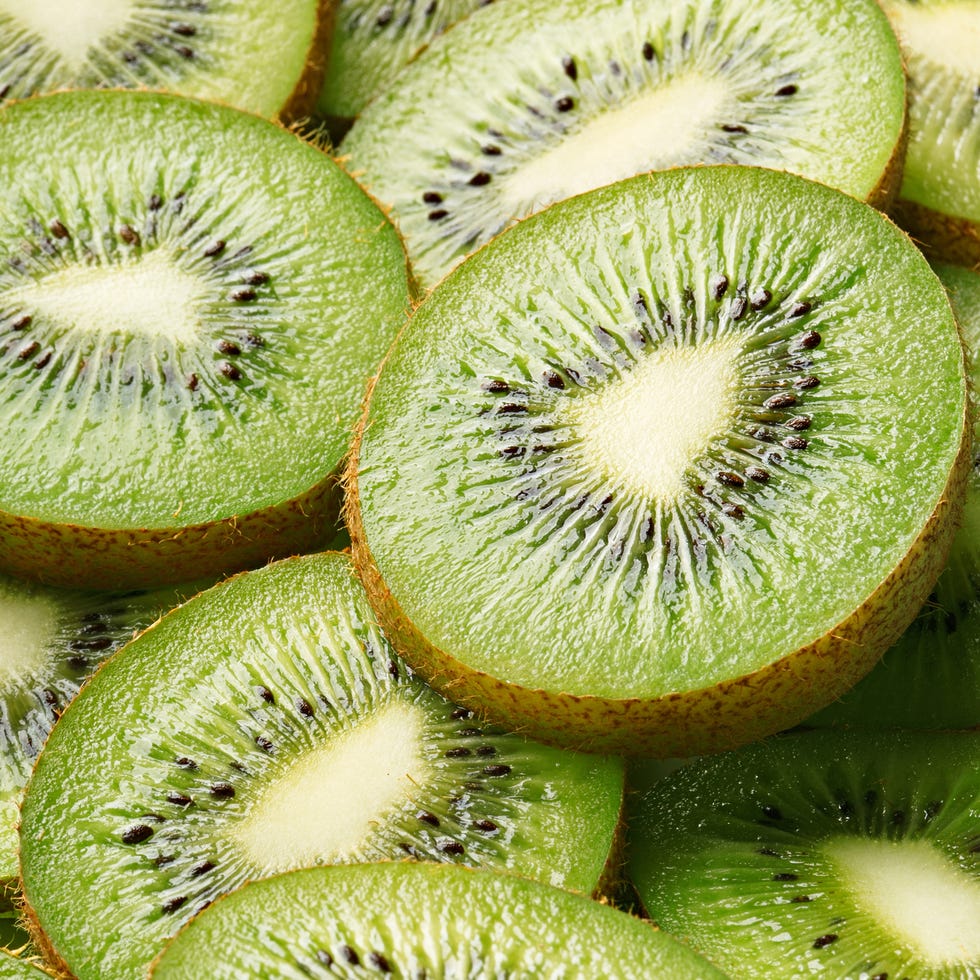
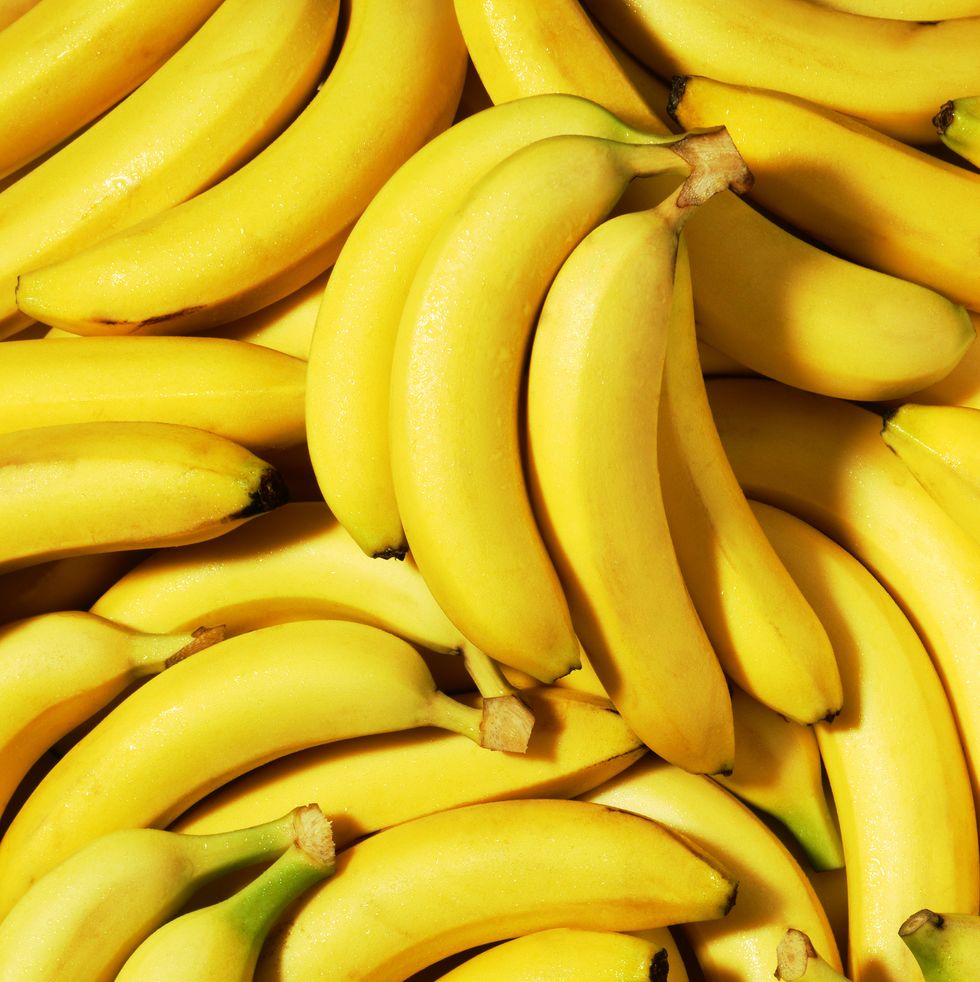
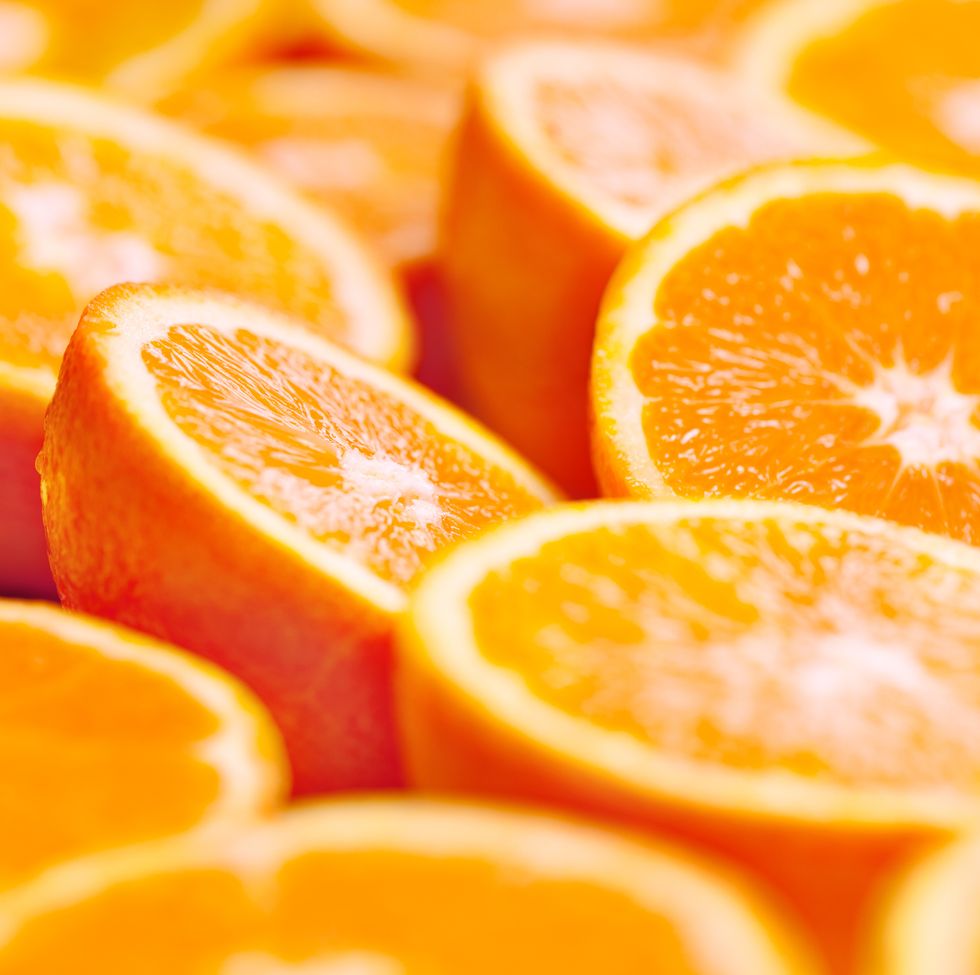
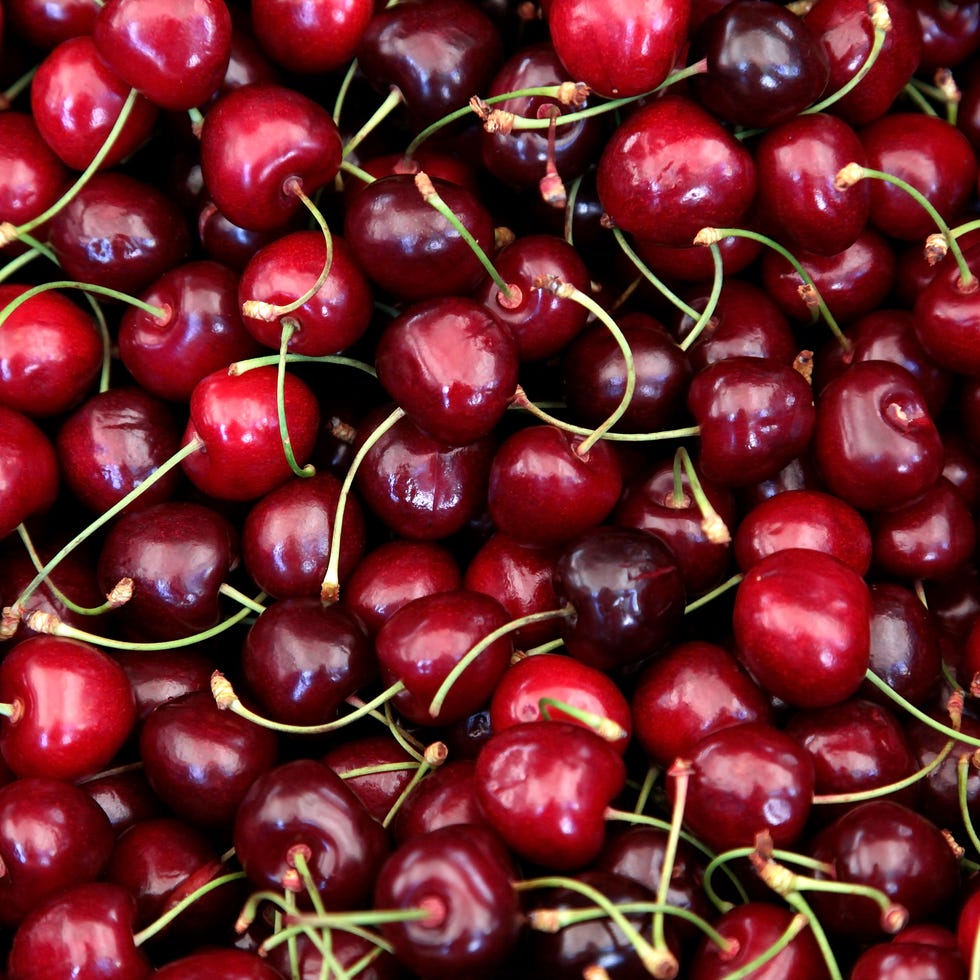
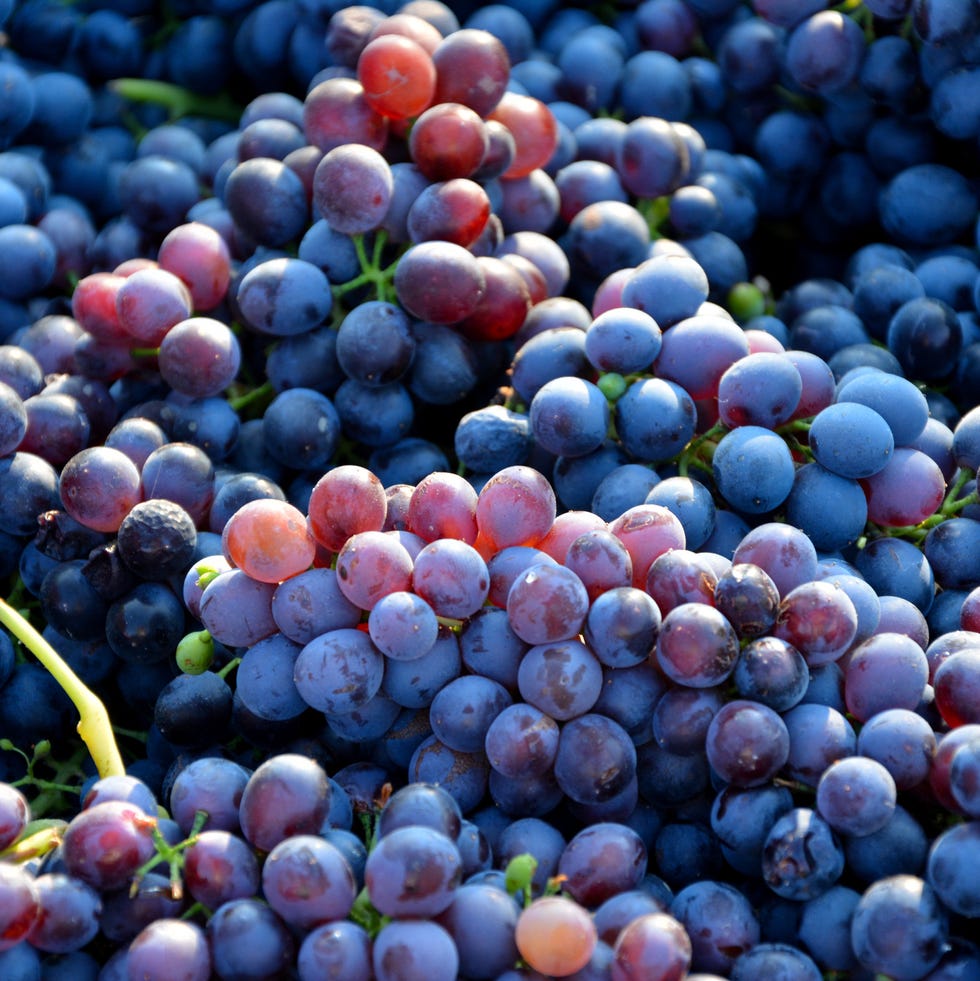
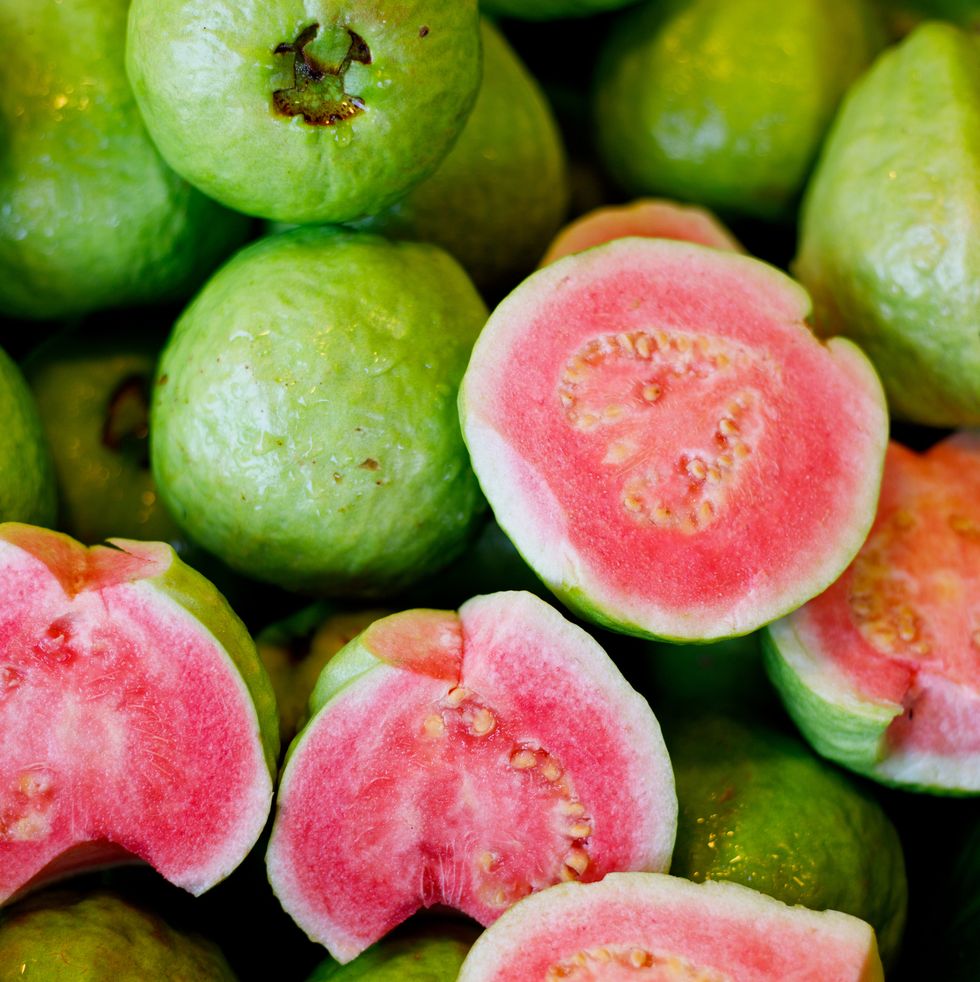
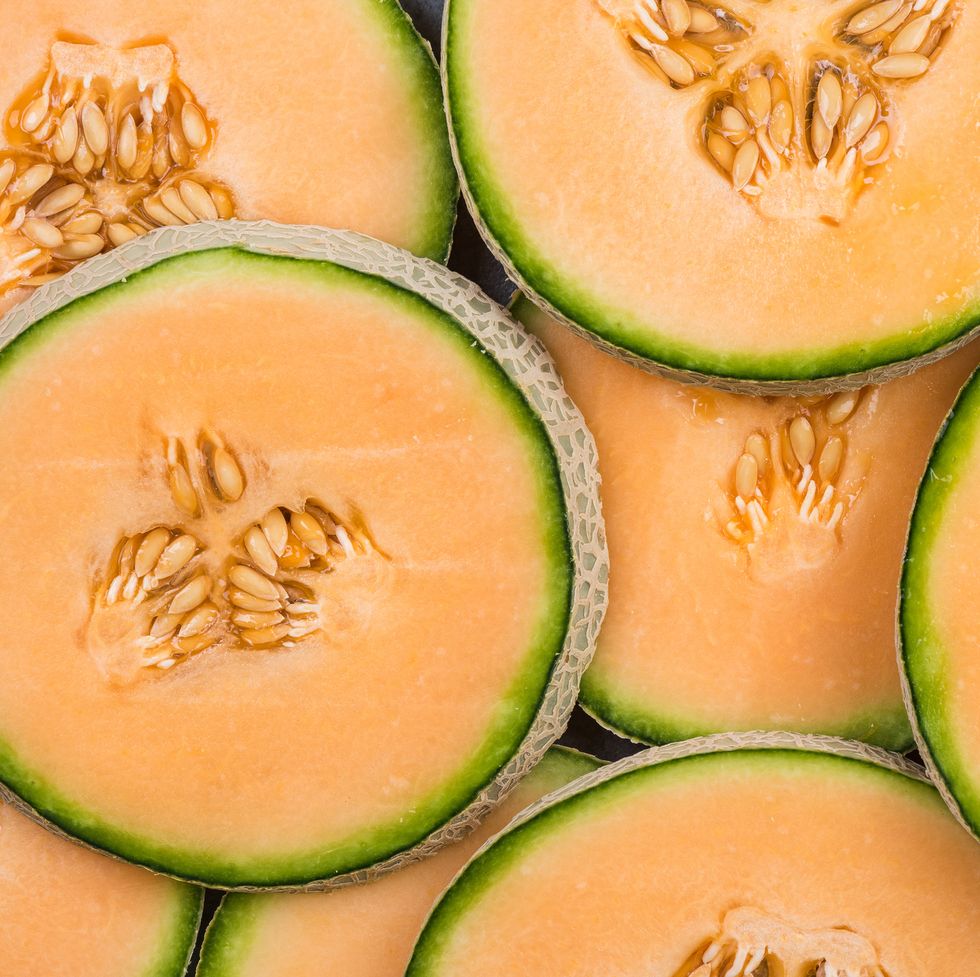
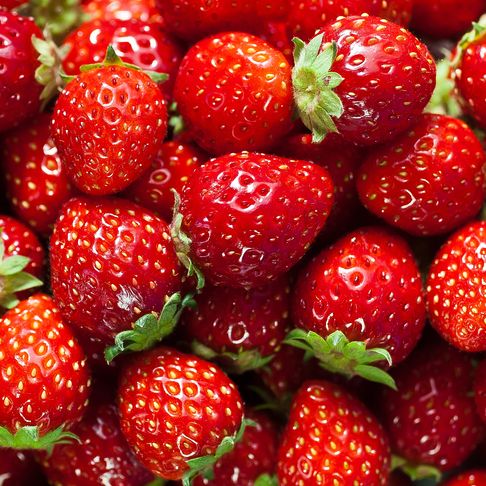
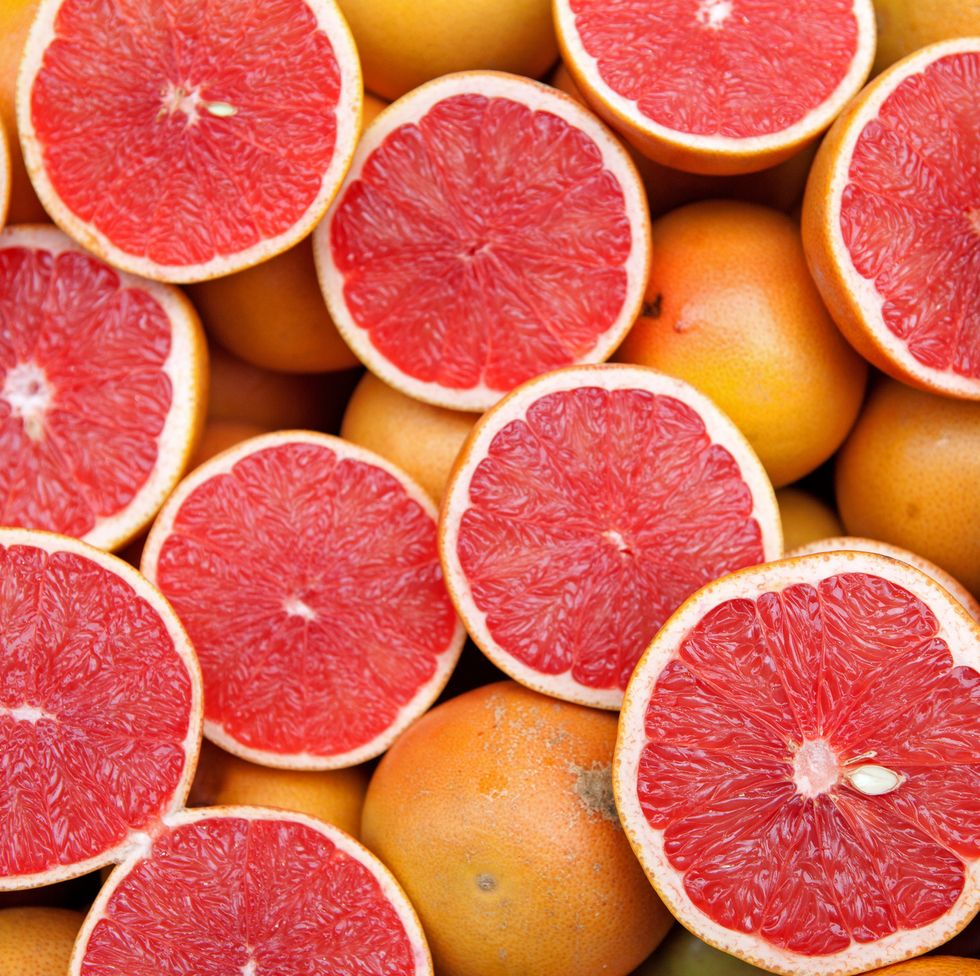
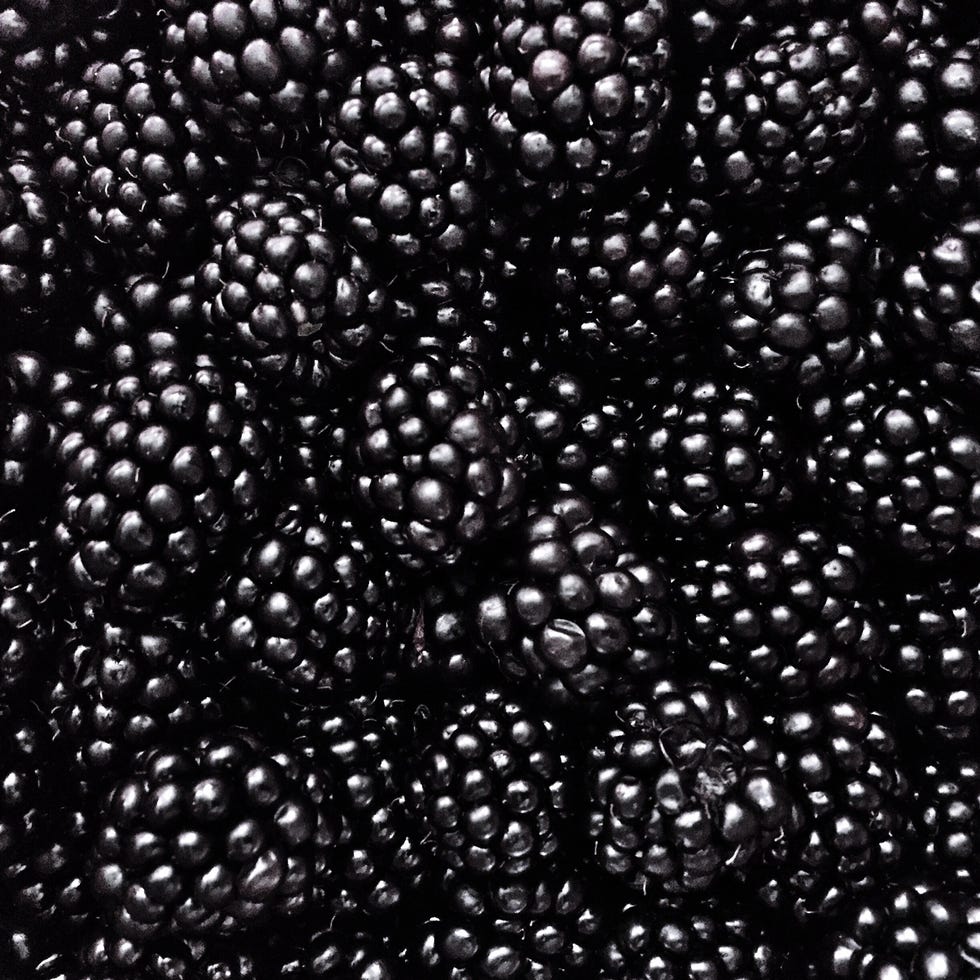

Comments
Post a Comment